Deputy Speaker of the House of Representatives, Rt. Hon. Benjamin Okezie Kalu has said that the decision by the parliament to amend the Access to Higher Education Act 2023 is to ultimately allow every Nigerian child to acquire a university education regardless of the economic circumstances of the individual involved.
A statement signed by his Chief Press Secretary, Mr Levinus Nwabughiogu stated that Kalu explained while delivering a keynote address at an event to commemorate the Silver Jubilee of Madonna University, Elele, River State and the Centenary Celebration of the International Federation of Catholic Universities themed “Catholic University: An Educational Project to Respond to the Academic, Human, Spiritual, Political, and Social Challenges of our World” on Wednesday.
Reflecting on the theme, the deputy speaker said that Nigeria cannot ignore the pressing challenges facing young people, particularly regarding access to quality education.
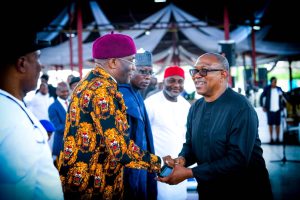
He said: “In Nigeria, we are acutely aware of the challenges that young people face
regarding access to quality education.
As a parliament, the National Assembly has recognized the urgency of
addressing these challenges and has taken proactive steps to expand
access to higher education. Initiatives such as establishing the Tertiary
Education Trust Fund (Tetfund) for infrastructure development and
scholarship provision has been instrumental in improving educational
facilities and supporting deserving students.
“Moreover, the ongoing efforts
to amend the Access to Higher Education Act 2023 which is currently
going through a third reading today in the House of Representatives
underscores our commitment to ensuring that every Nigerian child,
regardless of economic circumstances, has the opportunity to pursue a
university education.
“Once amended, the Access to Higher Education Act will serve as a beacon
of hope for countless young Nigerians, opening doors to new possibilities
and empowering individuals to contribute meaningfully to our nation’s
development. By prioritizing inclusivity and equity in higher education, we
can unleash the full potential of our youth and cultivate a generation of
leaders equipped to address the multifaceted challenges facing our society.
“Through strategic initiatives such as the provision of loans for indigent
students, the Federal Government is working tirelessly to ensure that every
Nigerian child has the opportunity to pursue higher education, regardless
of their financial circumstances. This commitment to inclusive education is
further exemplified by the substantial allocation of funds to the education
sector in the 2024 budget, with N1.54 trillion dedicated to the Federal
Ministry of Education and its agencies – this amount is higher than the
N1.08 trillion the education ministry received in the 2023 budget. President
Bola Ahmed Tinubu’s dedication to education is evident in this budgetary
allocation, which reflects his administration’s dedicated commitment to nurturing the next generation of leaders and innovators.”

Kalu also stated that in the age of rapid technological advancement, universities must embrace technology in learning and leverage it to address the nation’s complex challenges.
He enjoined Nigerians to reduce the emphasis on certificates and focus more on the acquisition of skills and knowledge needed to meet the present-day harsh realities.
“Universities should not merely be institutions for the dissemination of knowledge but should serve as hubs for innovation and problem-solving. By adapting theories to suit local challenges and prioritizing solutions that have a tangible impact on society, universities can fulfil their role as engines of socio-economic development. Employers should also recognize the value of local knowledge and problem-solving skills, prioritizing them over certificates from prestigious institutions.
“Education should not be solely about obtaining certificates but should be
focused on equipping individuals with the skills and knowledge needed to
address real-world challenges and drive positive change.
“As government representatives, we must actively engage with universities
to seek solutions to pressing issues, from policy formulations to
technological innovations. By fostering collaboration between academia,
government, and industry, we can harness the full potential of our
universities as drivers of progress and prosperity”, the Deputy Speaker said.



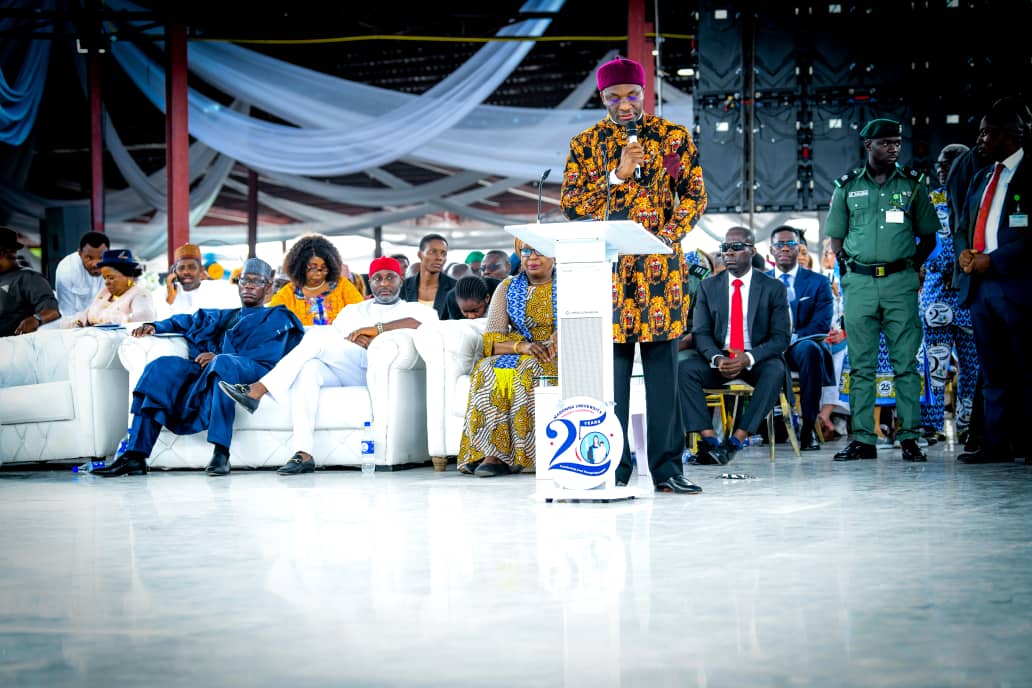
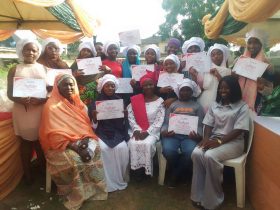




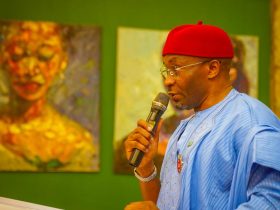
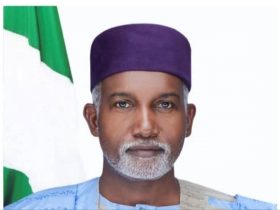
Leave a Reply